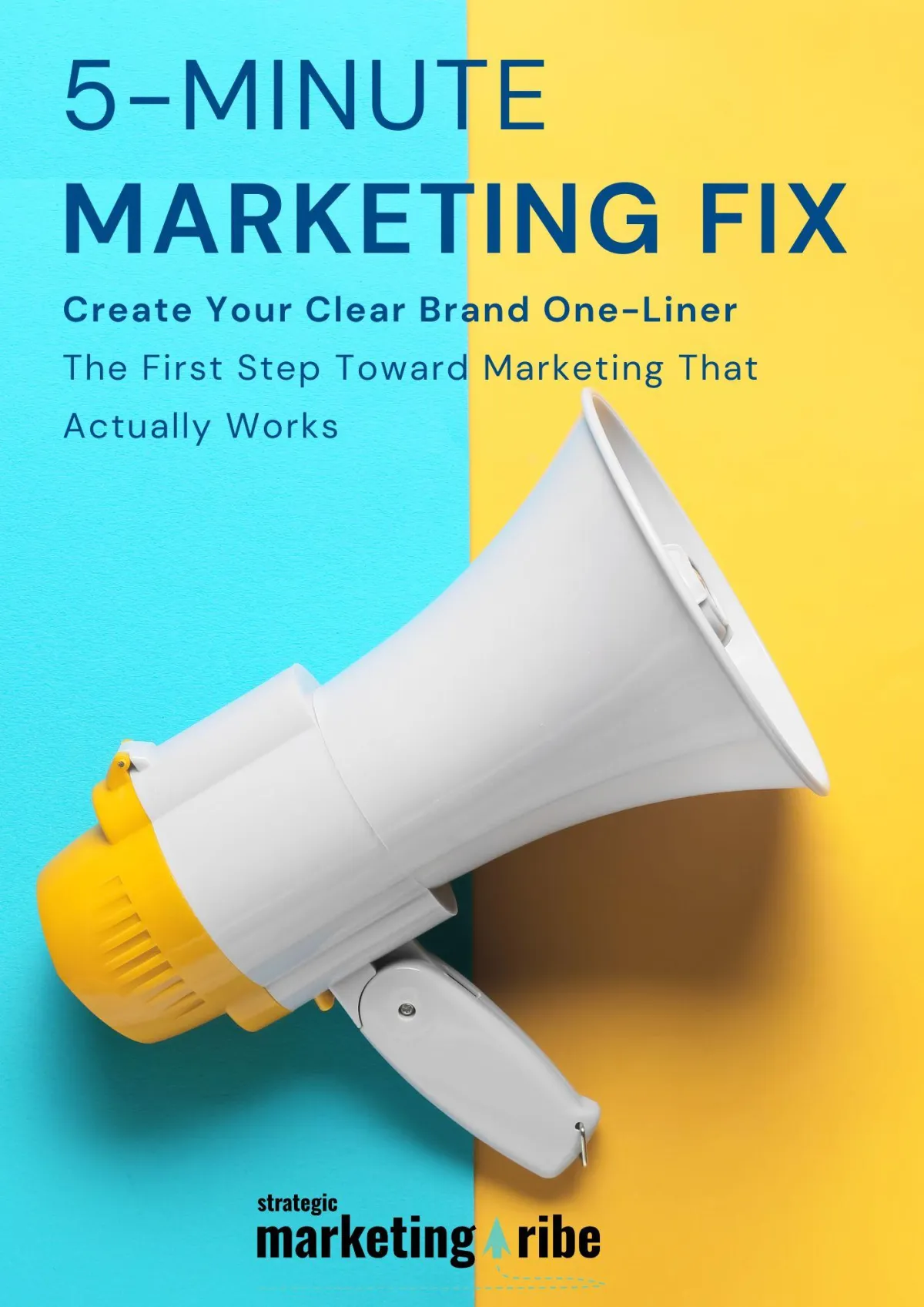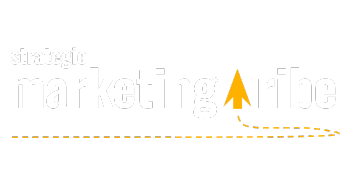NEWS, MEET STRATEGY
Real news, real insights – for small businesses who want to understand what’s happening and why it matters.

Influencer Marketing ROI in 2025: Why It’s Still Winning
By Vicky Sidler | Published 19 November 2025 at 12:00 GMT+2
If you're still treating influencer marketing like a teenage fad with a ring light, I have news for you. It’s not just alive—it’s thriving. According to a 2025 benchmark report by Influencer Marketing Hub, this industry is expected to hit $32.55 billion this year. That’s billion with a B.
The ROI? An average of $5.78 for every dollar spent. Top performers are pulling in $18 per $1. Meanwhile, many traditional ads are just out there… being skipped.
Let’s break down what that means for real businesses, like yours.
TL;DR:
Influencer marketing delivers an average ROI of 5.78x
TikTok wins on engagement, but Instagram still gets the budget
Smaller influencers often perform better than celebrities
86% of consumers make influencer-inspired purchases
AI is changing how brands pick and manage influencer campaigns
👉 Need help getting your message right? Download the 5-Minute Marketing Fix
Table of Contents:
Influencer Marketing ROI in 2025: Why It’s Still Winning
The Numbers Are Loud. And Getting Louder.
Trust Beats Polish Every Time:
The Best Influencers Might Be the Smallest Ones:
TikTok, Instagram, or YouTube? It Depends:
The AI Factor—Not Optional Anymore:
What This Means for Small Businesses:
1. Turn One Piece of Content Into Ten
2. Most Small Businesses Waste Money Trying to Reach Everyone
3. Confused Messaging Is Costing You Leads
4. The Marketing Hourglass: Building Loyal Customers
5. Learn How to Build a Customer-Aligned Brand Identity
1. What is the average ROI for influencer marketing in 2025?
2. Is TikTok better than Instagram for influencer marketing?
3. Do smaller influencers really perform better?
4. What kind of influencer content actually converts?
5. Is influencer marketing only for big brands?
6. How is AI changing influencer marketing?
7. Do consumers trust influencer content more than brand ads?
8. What’s the first step before running an influencer campaign?
The Numbers Are Loud. And Getting Louder.
Back in 2016, influencer marketing was worth $1.7B. In 2024? $24B. And 2025? It’s climbing to $32.55B. That’s not just growth. That’s validation.
Even small brands are getting in. Nearly half of influencer marketers spend less than $10K a year. But the returns make it worth it. Some brands are now putting 40% of their marketing budget into influencer campaigns.
Why? Because consumers don’t trust ads—but they do trust real people.
Trust Beats Polish Every Time:
A slick brand video might look impressive. But 69% of consumers trust influencer recommendations more than brand messaging.
Even more compelling?
86% of consumers make influencer-driven purchases
78% of TikTok users bought something after seeing it in a creator’s post
This isn't just a Gen Z thing either. Although, to be fair, Gen Z basically considers influencers their personal shoppers.
The Best Influencers Might Be the Smallest Ones:
Mega-influencers with a million followers can look good on paper. But their engagement rates? Not great.
TikTok nano-influencers: 10.3% engagement
TikTok mega-influencers: 7.1%
Instagram micro-influencers: 0.68%
Instagram nano-influencers: 1.73%
These smaller creators often get better responses because their audience feels like a real community—not a billboard.
From a strategic point of view, you don’t need someone with millions of fans. You need someone your niche audience already listens to.
TikTok, Instagram, or YouTube? It Depends:
TikTok has taken over when it comes to engagement—averaging 18% in the US. That’s wild. Instagram? Still a budget favourite, even if engagement is lower. YouTube? Surprisingly strong in long-form content, especially for sports, travel, and tutorials.
Here’s what that means:
TikTok = quick conversions
Instagram = trusted sales channel
YouTube = deep dives and education
Pick your platform based on your goal. Awareness? Go broad. Trust? Go niche. Sales? Go where your audience already buys.
The AI Factor—Not Optional Anymore:
Influencer marketing isn’t just a vibe anymore. It’s a system.
Over 60% of marketers now use AI to help with:
Finding the right influencers
Predicting campaign results
Tracking ROI
Spotting fake engagement
And it works. 66.4% of brands using AI in their influencer marketing say it improved performance.
But—and this matters—86% of people still want to know when content has been AI-generated. So if you’re using tech, be honest about it.
What This Means for Small Businesses:
Don’t let the big numbers scare you off. You don’t need a Kardashian. You need someone with a focused audience and a believable voice.
Start small. Measure real results. Repurpose the good content. And stay focused on alignment. It’s not about chasing trends. It’s about showing up in the right feed with the right message at the right time.
That’s where our 5-Minute Marketing Fix comes in. Before you pick your platform or partner, get your message clear. One sentence. Real impact.
Related Articles:
1. Turn One Piece of Content Into Ten
Already investing in influencer content? This article shows you how to stretch it further by turning one creator video or post into ten across platforms—without sounding repetitive.
2. Most Small Businesses Waste Money Trying to Reach Everyone
Before picking an influencer, you need to know your niche. This article breaks down why small audiences often deliver better results—and how to stop wasting budget on “reach.”
3. Confused Messaging Is Costing You Leads
The influencer article ends with a call for clarity. This post shows you exactly how to get it—using the StoryBrand framework to craft one sentence that actually converts.
4. The Marketing Hourglass: Building Loyal Customers
Influencer campaigns often stop at awareness and sales. This article explains how to keep those customers coming back—and referring others—long after the post goes live.
5. Learn How to Build a Customer-Aligned Brand Identity
Consumers trust influencers—but only when the brand and message feel real. This post helps you build a brand identity that aligns with your audience so influencer promotions don’t feel forced.
1. What is the average ROI for influencer marketing in 2025?
Most brands see an average return of $5.78 for every $1 spent. Top-performing campaigns can reach as high as $18 per $1, making it one of the most efficient digital marketing channels available.
2. Is TikTok better than Instagram for influencer marketing?
It depends on your goal. TikTok wins on engagement with an 18% rate in the US. But Instagram still pulls budget because it’s more established and has stronger infrastructure for sales and tracking.
3. Do smaller influencers really perform better?
Yes. Nano and micro-influencers often outperform larger accounts in engagement. Their smaller audiences feel more personal and loyal, which drives better interaction and trust.
4. What kind of influencer content actually converts?
Authentic, value-aligned content. Consumers prefer honest product reviews, short-form video with voiceovers, and content that feels entertaining or educational—not overly produced or salesy.
5. Is influencer marketing only for big brands?
Not at all. Nearly half of brands spend less than $10,000 a year on influencer campaigns. Small businesses often get better results because they’re more focused and personal.
6. How is AI changing influencer marketing?
AI now helps brands find creators, predict campaign performance, detect fake engagement, and optimize content. 66.4% of marketers say AI has improved their influencer results.
7. Do consumers trust influencer content more than brand ads?
Yes. Around 69% of consumers trust influencer recommendations more than direct brand messaging. That trust translates into real purchasing behavior, especially on platforms like TikTok.
8. What’s the first step before running an influencer campaign?
Get your messaging clear. If people don’t understand what you offer or why it matters, even the most engaging influencer won’t help. Start by writing one powerful sentence that builds trust. Download the 5-Minute Marketing Fix.

Created with clarity (and coffee)







